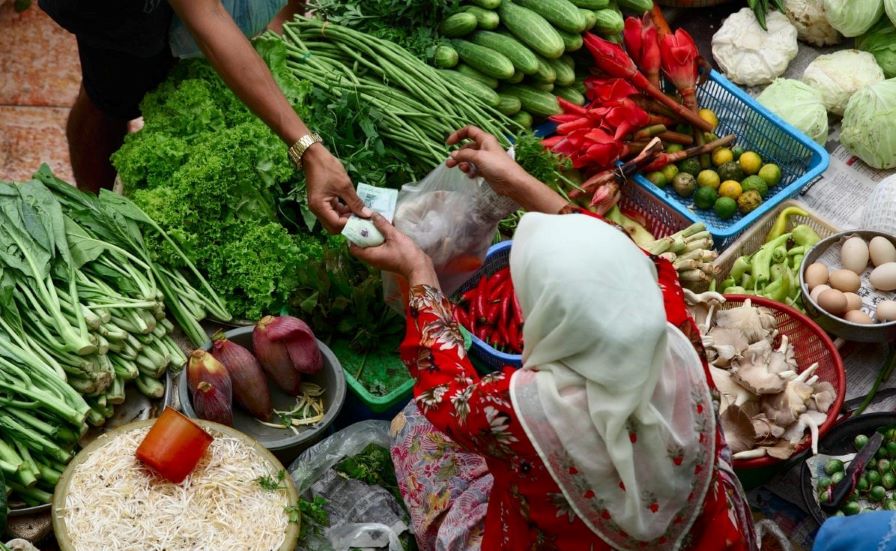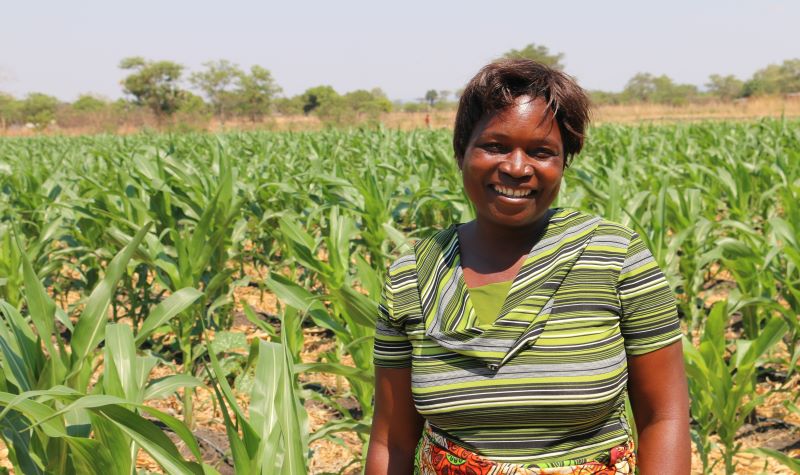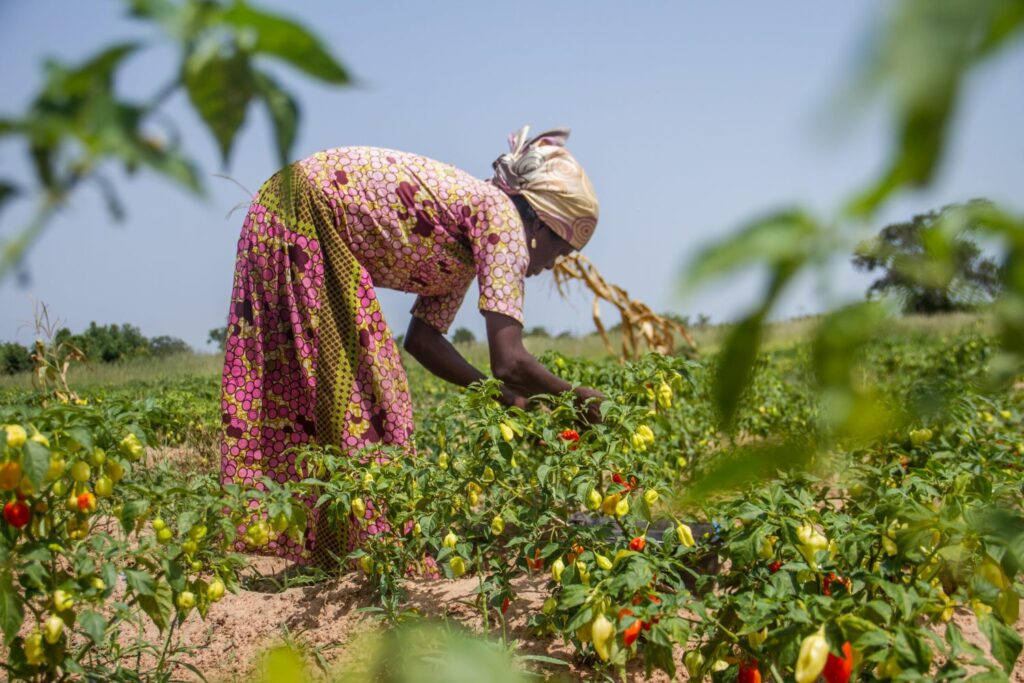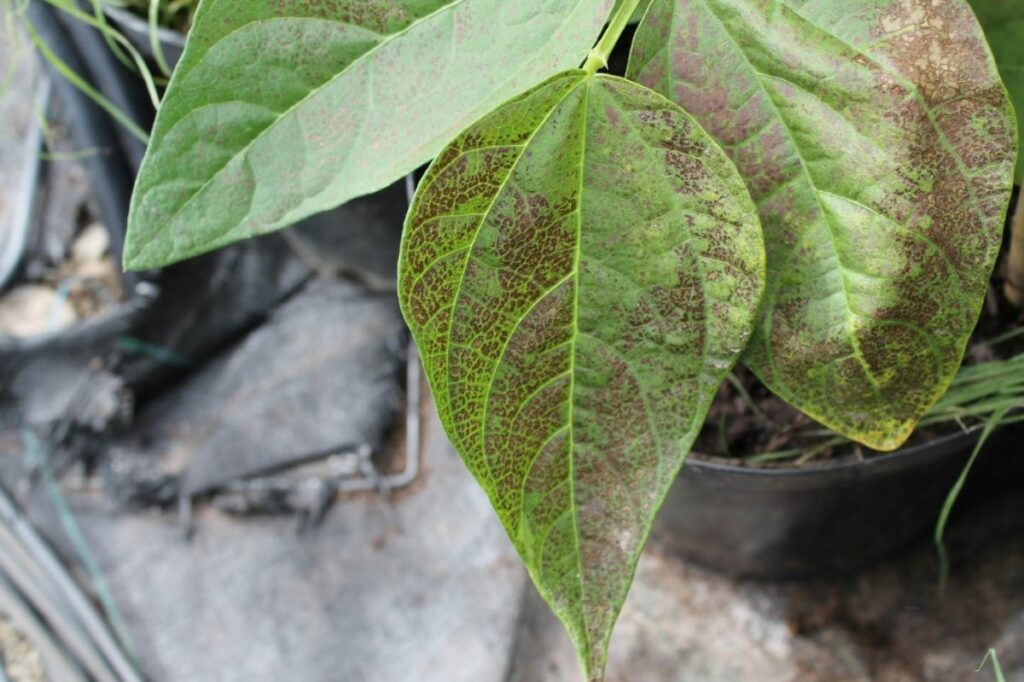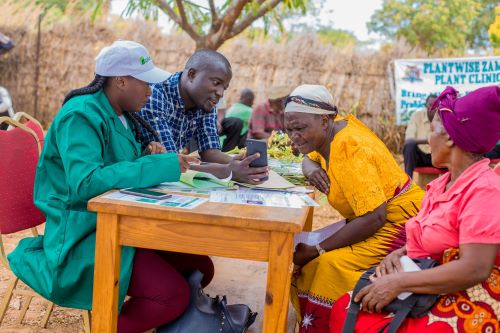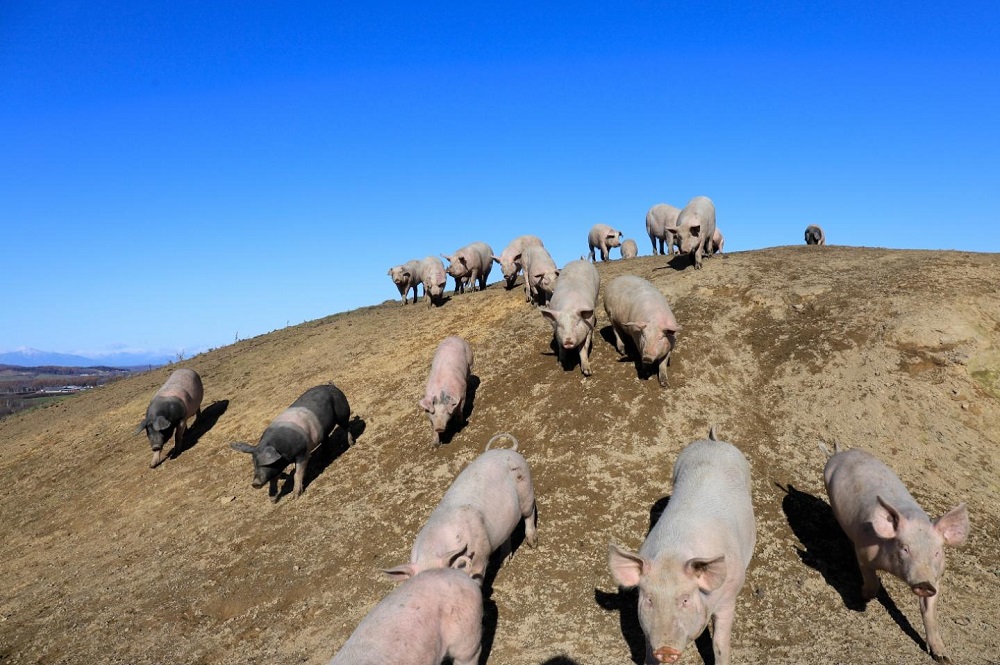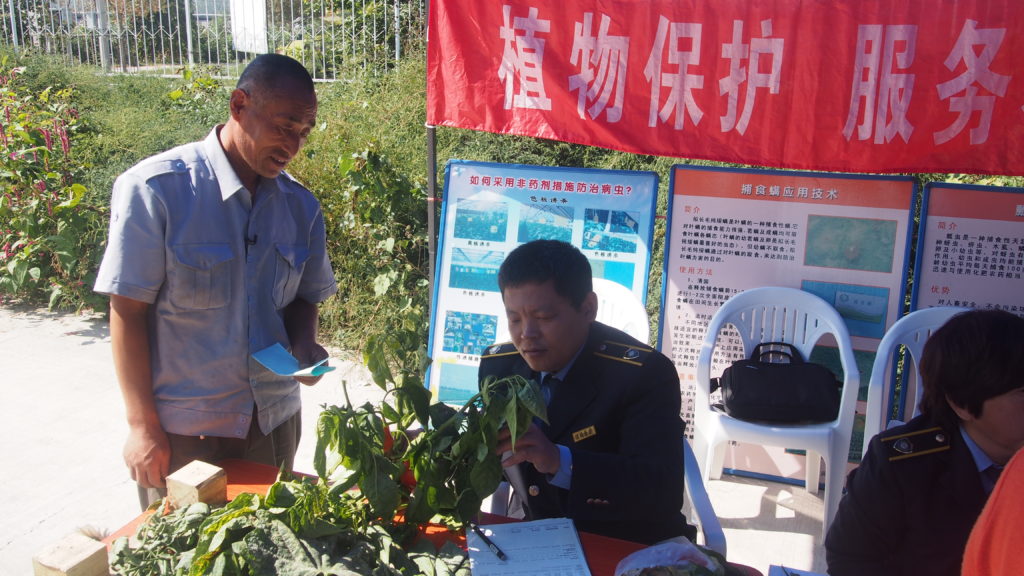Increasing the demand for and supply of safer food
Saturday 16th October marks World Food Day – a day designed to raise awareness and action for those who suffer from hunger and for the need to ensure healthy diets for all. Around 805 million people go hungry every day. With 80% of food consumed in developing regions grown by small-scale farmers, finding a sustainable…
Women in rural agriculture: a CABI interview
Women play a significant role in agricultural production. Although women have limited say in decision-making on family farms, they make up nearly half of the global agricultural workforce. However, female farmers face a number of barriers, which must be addressed if we are to achieve a number of Sustainable Development Goals, including SDG 5: Gender…
Watch the PlantwisePlus Launch Video
This week saw the digital launch of CABI’s new global programme – PlantwisePlus. The online event featured presentations from both CABI representatives as well as partner organisations, including FAO and the governments of Kenya and the Netherlands.
How Insect Saliva is Helping Crops Protect Against Pest Damage
A new study has unlocked the hidden ways in which important cash crops such as cowpea (Vigna unguiculata) tackle localised pest invasion and damage using natural defence mechanisms. Insights such as these are key for the future protection of our global agricultural production in the light of increasing pest outbreaks and crop damage.
Webinar: Ozone pollution’s threat to tropical agriculture
Ground-level ozone is one of the most widespread pollutants in the world. Although ozone in the upper atmosphere provides essential protection from the sun’s harmful rays, at ground-level it has a number of harmful effects. Ground-level ozone pollution contributes to climate change, impairs human health and damages vegetation.
PlantwisePlus: Helping farmers grow safer, higher quality food
Dr Monica Kansiime is one of the Global Team Leaders for CABI’s new global PlantwisePlus Programme. Building on the success over the last ten years of CABI Plantwise, the new programme aims to enable smallholder farmers to increase incomes and grow safer, higher quality food through climate-resilient approaches to crop production.
Biotechnology aiding the fight against cowpea pest damage in Africa
Cowpea (Vigna unguiculata), a staple crop in West Africa, is consumed by more than 200 million people a day and is an important source of income for farming communities. Nigeria is the largest producer of cowpea, yet still imports roughly 500,000 tonnes of the crop per year due to the domestic consumption demand. This need…
Plant clinics: Gender impacts in Zambia
Women are key to the future of agriculture and ending world hunger. Currently, female farmers make up 43% of the global agricultural workforce and play an important role in farming production and improving food security. However, the hurdles women face are real. Women often find it harder than men to access agricultural information, finance and…
Moving to more sustainable pest management with plant doctors in China
Overuse of pesticides for crop protection has been an increasingly common problem in farming, particularly in countries where they are affordable in comparison to other methods of pest control.

